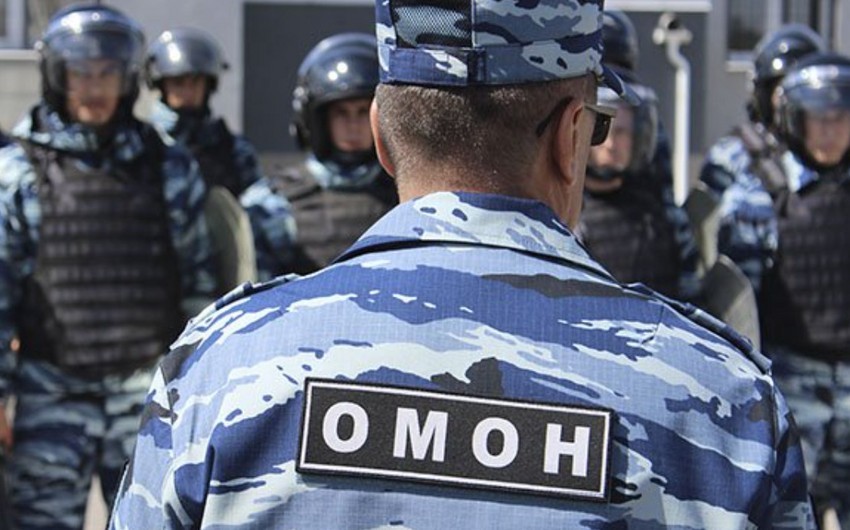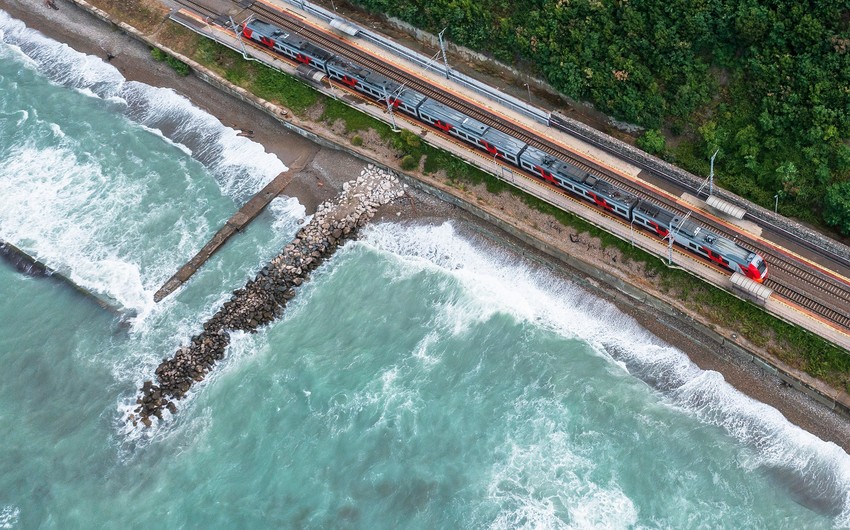The outcomes of contentions between Iran and Saudi Arabia can been seen in recent events in Middle East. Lebanese Prime Minister “Saad Hariri” resigned saying that he has threat to his life. At the same time, Saudi Arabia alleged Yemen to fire a missile on Riyadh. And Prince Muhammad Bin Salam seems to be clearing his path towards the crown by detaining and arresting other competitors on corruption charges.
Saudi Arabia is using American weapons against Iran-backed Houthi rebels, who knocked down Yemen's internationally recognized government in 2015. These rebels are definitely using Iranian and Russian made weapons against Saudis. At least countries selling weapons don’t want this war to be ended. Estimates shows that Saudis have spent around 800 billion dollars in war against Yemen. Any sensible mind can evaluate that Saudis could invest this money in Yemen and even could buy the loyalties of Houthis. They have a history of not spending their money on infrastructure and community development. Instead of this, they prefer to invest in religious institutions like Wahhabist mosques and Madrassas. But one thing is clear that Saudis can spend a lot of money without fearing the consequences when it comes to their rivalry with Iran.
Central Asia seems to be adopting a policy of neutrality in the Iran- Saudi Arabia conflict. Does Iran and Saudi Arabia also think like this? Or they are considering Central Asia as their next battle ground to fight a cold war on it? I think that Central Asia is as vulnerable as Middle East for Saudi-Iranian proxy war. All the possible variables and triggering factors which can be considered as bone of contention between Iran and Saudi Arabia are found in Central Asia. Central Asia has natural resources, religious fractions with a potential to form militias, political loyalties divided between east and west more specifically between USA and Russia, geopolitical location near the Chinese one belt- one road and history of being prone to revolutions and civil wars. From the Caspian Sea to the borders of Pakistan, each country in Central Asia has something in common with Middle Eastern countries.
Iran tried its best to pose itself as regional hegemon. After the collapse of Soviet Union, Iran did not miss its chance to play the card of “regaining Islamic identity” in Central Asia. All most all the countries in Central Asia have Iranian embassies and institutions teaching Persian language and offering cultural programs. Iran realized the importance of soft power in CA long before any of the Arab countries. Iran has better bilateral trade relations with many CA countries. Besides political and economic interests of Iran in Central Asia, Iran has potential to radicalize people with its version of political Islam, which can come in direct contest with the Saudi version of political Islam.
After Yemen’s missile attack on Saudi Arabia, Saudis say that it is an act of war from the side of Lebanon. Central Asians may not find a link but Saudis consider that all Shias are their enemies. No matter they are in Iran, Yemen or Lebanon. Can Saudi Arabia attack on Lebanon? No. Saudis can never think of attacking on Lebanon against Hizballah because it is physically impossible for them. Can Israel attack on Lebanon? Theoretically, Yes but according to one of my professors, practically it seems very difficult. Hizballah has secured the Lebanon-Israel boarders. Palestinian fighter groups Hamas and Al Fateh both are looking for a chance to knockout Israel. If Israel declares a war on Hizballah, Lebanon or Iran, the Palestinian fighter groups “Hamas and Al Fateh” will use this chance to smash Israel. Israel can only weaken the Hizballah by fighting with it in Syria. It is Syria through which Hizballah is getting Iranian weapons. Saudis and Israel can fight with Iran and Hizballah in Syria but with the passage of time, it is also becoming very difficult for them. Saudis and Israelis can find other arenas to exhaust their frustrations. These arenas can be Afghanistan, Pakistan or any other Central Asia country.
I feel that Saudis will not miss any opportunity to impose itself further on the regional stage. If they can spend 800 billion dollars on the war in Yemen, a very small amount of investment in Central Asia can yield into astonishing consequences in the favor of Saudis. Moreover, largest sellers of weapons cannot rule out Central Asia as a possible client. I am not saying that Central Asia can suffer from a Saudi-Iran cold war. I am saying that the Central Asia possess all the symptom of becoming a future battle ground for both of these countries. My prediction is that, eventually, both of these countries will understand the gravity of situation in Central Asia and start taking it on a more serious level.
Ammar Younas
Political analyst









